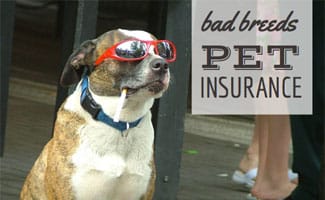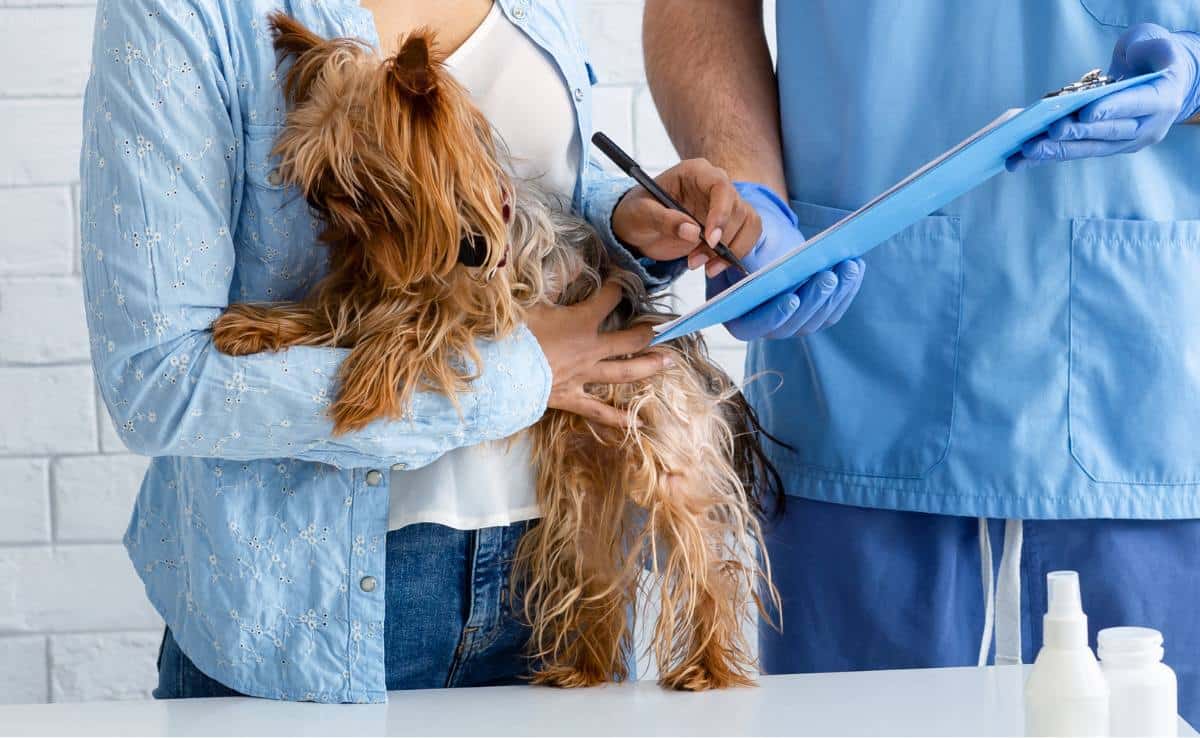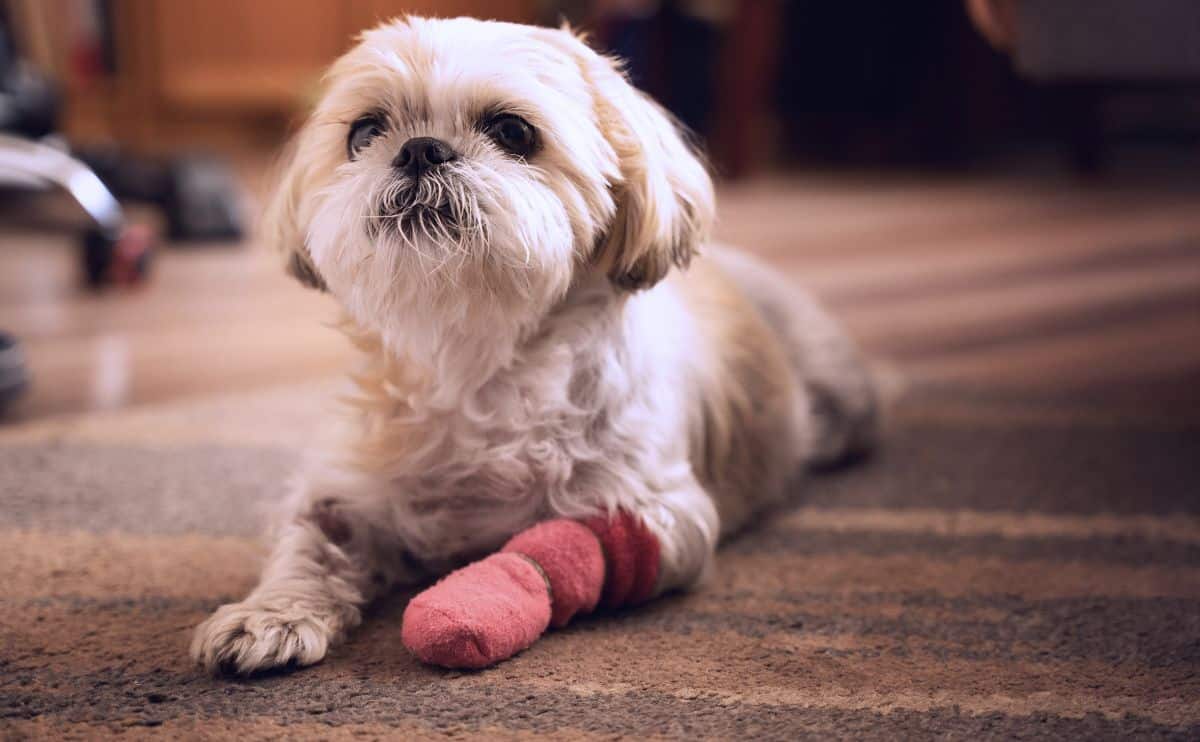Bypass The Blacklist: Dog Liability Insurance
When you purchase through links on our site, we may earn a commission. Here’s how it works.

Having trouble finding a place to live because your dog is blacklisted as a “bad breed?” Can’t secure homeowners or renters insurance that covers your pooch? Many of the top insurance companies won’t provide liability insurance for certain breeds of dogs deemed “dangerous.” But there are a number of lesser-known insurance companies that disagree with the concept of labeling dogs solely because of their breed. If you own or are thinking about getting a “bad breed” dog, this article is for you.
Table of Contents
Why This Term Is Inappropriate
The term blacklist is derived from a place of privilege, and the consideration that something assigned to a blacklist is “bad” and whitelist is “good.” This way of thinking takes us back to a master/slave origin that rightfully makes many uncomfortable at best and threatens at worst. For this reason, we choose to use this word selectively to allow you to find the information you are looking for while shifting the discussion to center around more neutral, safer terms like blocklist and denylist.
What Are The So-Called “Bad Breeds?”
First, it’s important to know if your dog’s breed is on an insurance blocklist. Each insurance company has its own list of “bad breeds.” The following list is a general rule of thumb, but experts say the first four breeds are the most commonly denied.
- Pit Bulls (aka Staffordshire Terriers)
- German Shepherds
- Doberman Pinschers
- Rottweilers
- Akitas
- Alaskan Malamutes
- Chows
- Great Danes
- Presa Canarios
- Siberian Huskies
- Wolf-hybrids
What Exactly Is Insurance For Dangerous Dogs?
Like we said earlier, some insurance companies that are committed to dog equality have taken it upon themselves to right what they consider a wrong practice conducted by the insurance industry when it comes to banning breeds as a whole. They consider each dog as an individual, rather than judging a dog solely based on its breed.
Some of these insurance companies will even consider providing insurance for dogs with a not-so-perfect past, with the stance that it’s not necessarily the dog but the past owner or circumstances. In individual cases, you can get a policy if your dog has been found dangerous or potentially dangerous, vicious or potentially vicious, too aggressive or a general public nuisance.
What About “Dangerous Dog” Rescues?
When it comes to some rescue dogs, pit bulls in particular, there is genuine concern about their past involvement in dog fighting rings. The following video by The Humane Society shows one case where it’s not the dog; it’s the past “owner.” In cases like this, rehabilitation is often possible!
Why Take The Risk?
The Centers for Disease Control and Prevention reports that an estimated 4.5 million people are bitten by dogs each year and around 800,000 require medical attention for these injuries. It does happen.1 If you don’t have dog liability insurance and your pup bites someone, you have a lot to lose, maybe even your four-legged companion – learn what to do if your dog bites someone. The national average cost per homeowners insurance claim for dog bite-related injuries was a whopping $50,245 in 20202. As an owner of a “bad breed”, it’s likely in your best interest to secure dangerous pet insurance.
Are you considering dangerous dog liability insurance for your canine?
Sources: [1] AVMA, [2] Insurance Information Institute



